Simon Simard
photographer
From this contributor
Improvising to study brains in the wild: Q&A with Nacho Sanguinetti-Scheck
A joke at a neuroscience summer program nearly a decade ago ignited a lifelong research interest for this Uruguayan scientist—one that plays on his comedic strengths.
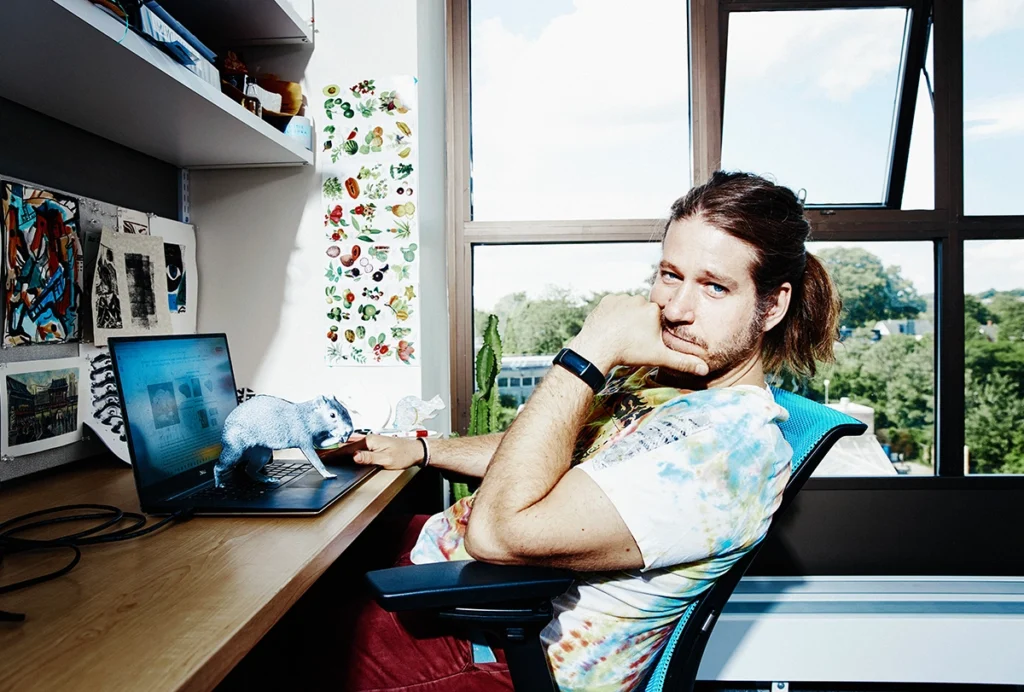
Improvising to study brains in the wild: Q&A with Nacho Sanguinetti-Scheck
On the high seas with Florian Engert and Bence Ölveczky
The two neuroscientists leave this week to take on the most dangerous leg of the Clipper Round the World Yacht Race — sailing from South Africa to Australia through the fabled “Roaring Forties,” latitudes of the Southern Ocean known for their towering waves and prevailing gale-force westerlies.
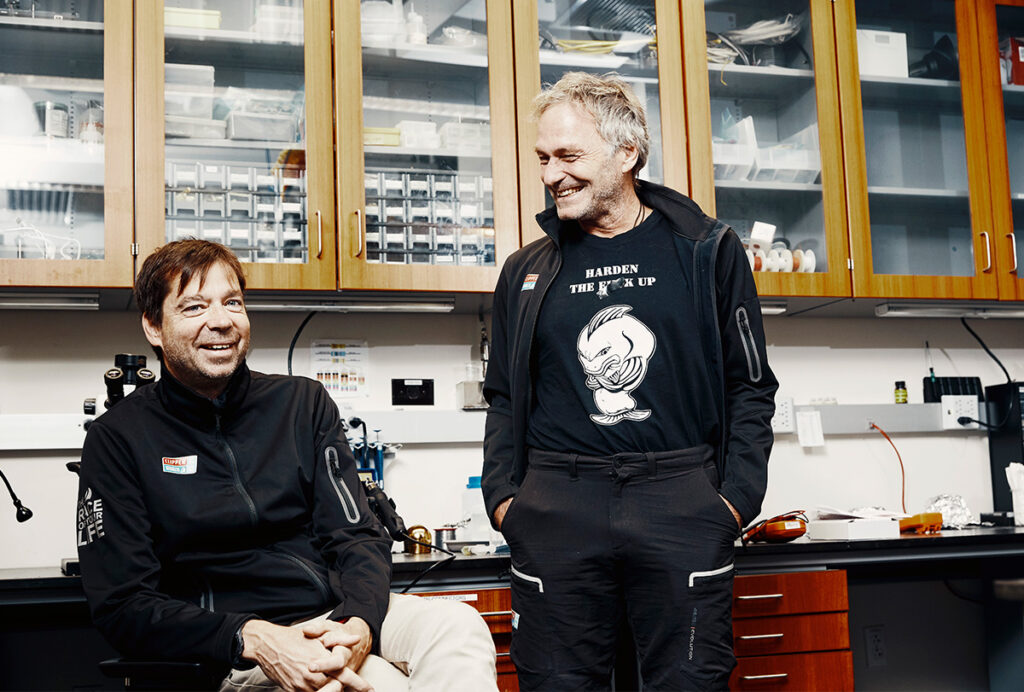
On the high seas with Florian Engert and Bence Ölveczky
Capturing autism’s sleep problems with devices nearable and wearable
Next-generation trackers could realize a long-standing research dream: conducting sleep studies in large numbers of autistic people.
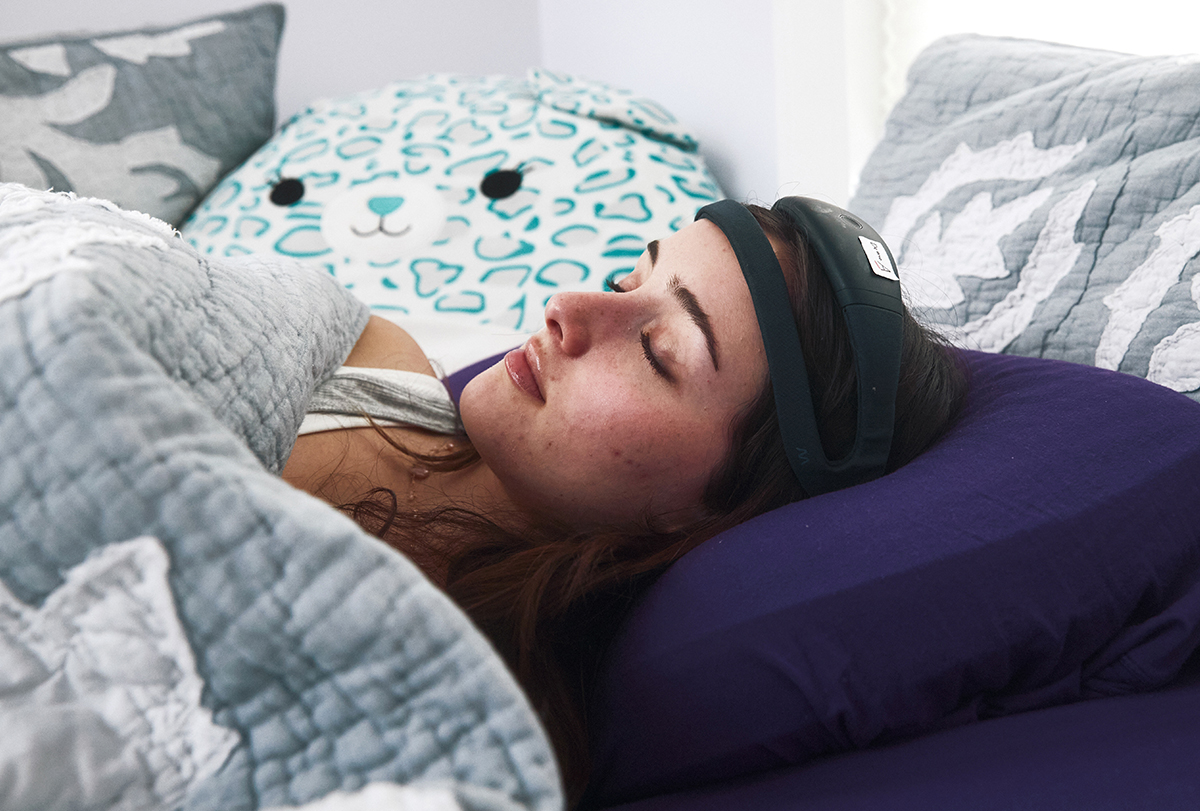
Capturing autism’s sleep problems with devices nearable and wearable
Explore more from The Transmitter
Karen Adolph explains how we develop our ability to move through the world
How do babies' bodies and their environment teach them to move—and how can robots benefit from these insights?
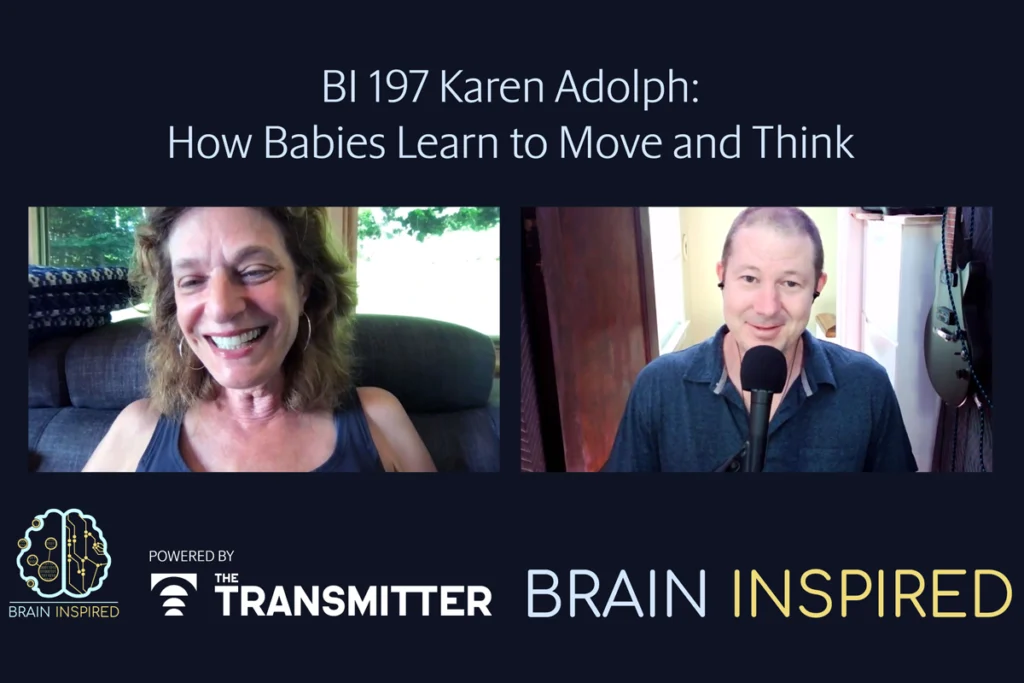
Karen Adolph explains how we develop our ability to move through the world
How do babies' bodies and their environment teach them to move—and how can robots benefit from these insights?
Microglia’s pruning function called into question
Scientists are divided over the extent to which the cells sculpt circuits during development.
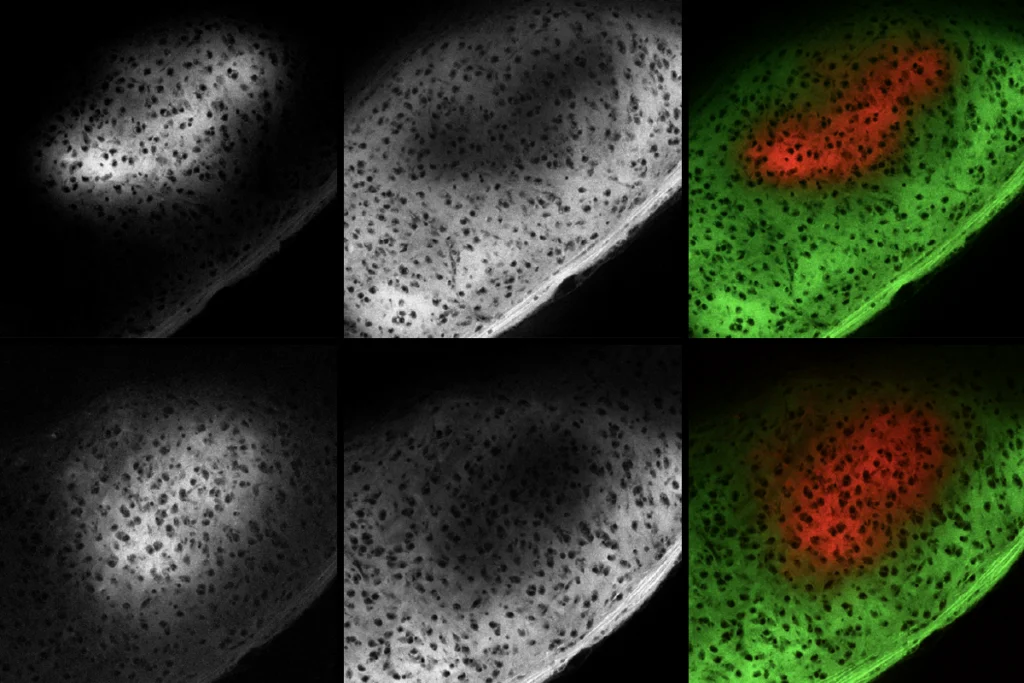
Microglia’s pruning function called into question
Scientists are divided over the extent to which the cells sculpt circuits during development.
Early trajectory of Alzheimer’s tracked in single-cell brain atlases
Inflammation in glia and the loss of certain inhibitory cells may kick off a disease cascade decades before diagnosis.
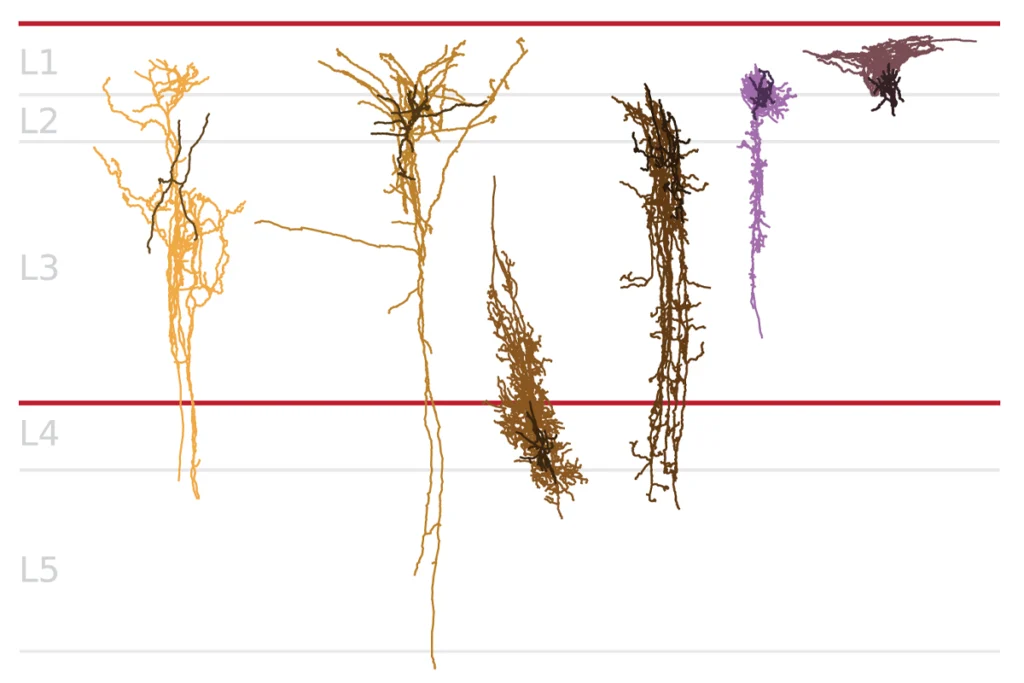
Early trajectory of Alzheimer’s tracked in single-cell brain atlases
Inflammation in glia and the loss of certain inhibitory cells may kick off a disease cascade decades before diagnosis.